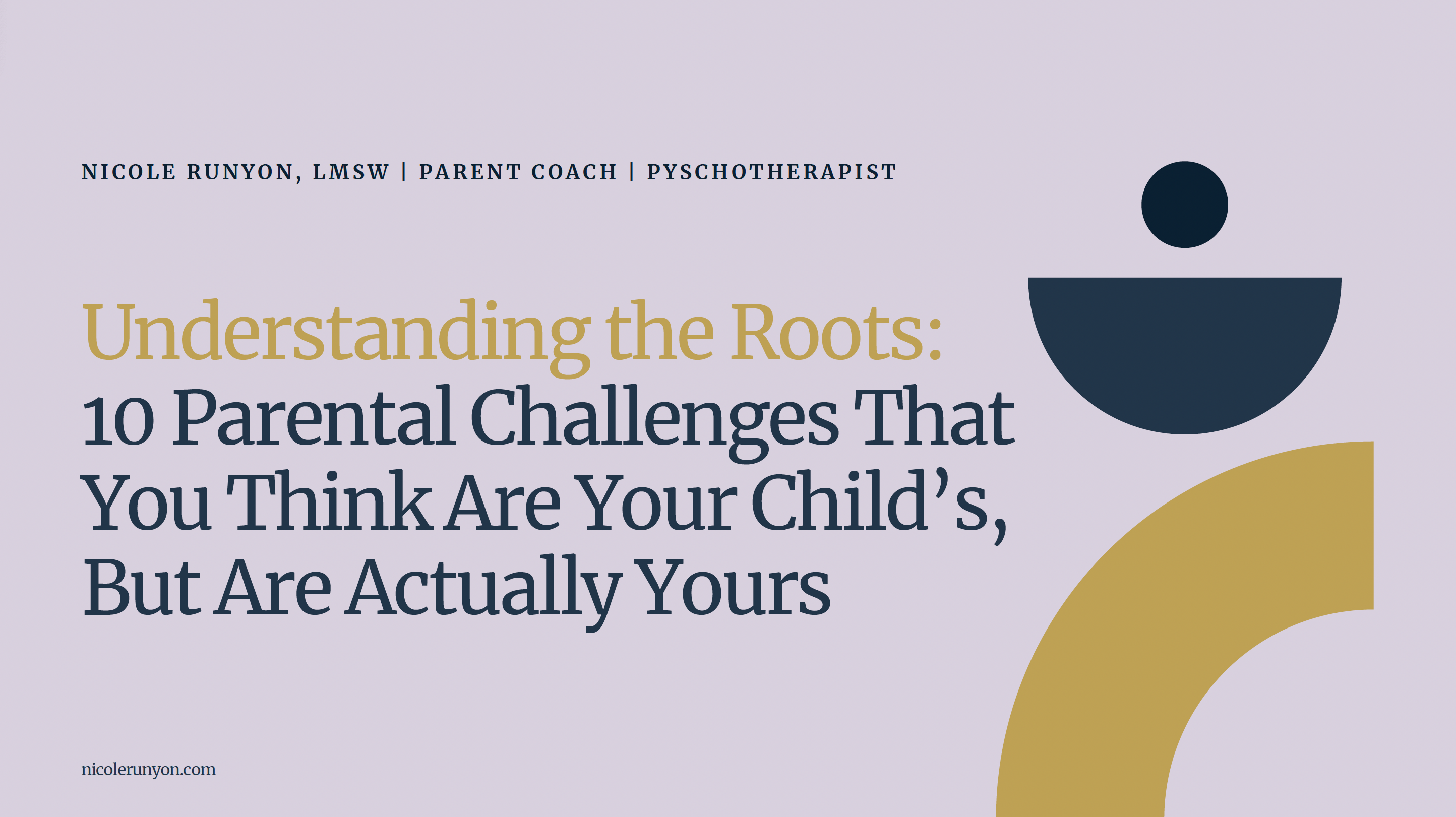In recent years, a lack of motivation and urgency to obtain driver’s licenses has become increasingly common among today’s teens, which is a puzzling trend for many older individuals. As someone who vividly remembers the excitement of turning 16 and getting my license, it’s disheartening to witness this change. I could not wait to make it official, get my license and drive off into the sunset independently, I did not even care that it was in my mother’s minivan!
One significant reason for the decline in teen drivers is the rise of automation and convenient online services. In today’s tech-driven world, it’s easier than ever to order anything we need from the comfort of our homes. From an emotional standpoint, this fosters social anxiety in teens who become accustomed to staying home and avoiding crowded places or traffic. The 2020 lockdowns further solidified this behavior for these screenagers, exacerbating their declining desire to drive.
Additionally, parents play a crucial role in their children’s decision to get a driver’s license. Many parents experience increasing anxiety as their children approach driving age. Driving represents a huge loss of control for parents, as they must trust their children while simultaneously letting go of their fears about other drivers on the road. This projected anxiety can negatively influence teenagers’ perception of driving and their own capabilities. If a parent doesn’t trust their teenager to drive, they are sending the teenager a message that they aren’t capable. This fractured self-trust, a necessary trait for growing teenagers.
Moreover, a lack of self-trust and agency among teenagers, largely influenced by technology, is contributing to the decline in teen drivers. The iGeneration is growing up in a world where external rewards are readily available for almost everything they do. They are extrinsically rewarded for answering a question right in school, attending an after-school activity and doing household chores at home. Instead of an external reward, they need an internal reward of working hard in school, extra-curricular activities, and at home, pushing through their frustration and desire to quit and coming out the other end feeling good about accomplishing the difficult task. This over-reliance on extrinsic rewards hinders the development of intrinsic motivation and the ability to work through challenging situations. Teenagers need to experience the satisfaction of overcoming difficulties and pushing through frustration without quitting, which fosters self-confidence and trust in their abilities.
How can parents help?
As parents, it’s essential to play a supportive role in helping teenagers overcome their fears and doubts about driving. Encourage them to embrace challenges and discomfort as opportunities for growth and maturity. Explain that doing hard things is an integral part of life and will ultimately benefit them in the long run. Be willing to share in their discomfort and show them that facing fears is a natural part of life’s journey.
In conclusion, the decline in teen driver’s licenses can be attributed to various factors, including technological advancements, parental anxiety, and a lack of self-trust among teenagers. To address this trend, parents must actively support and encourage their children to embrace challenges and push past their fears. By instilling a sense of self-confidence and trust, parents can help their teenagers regain the excitement of driving and the sense of independence that comes with it.


